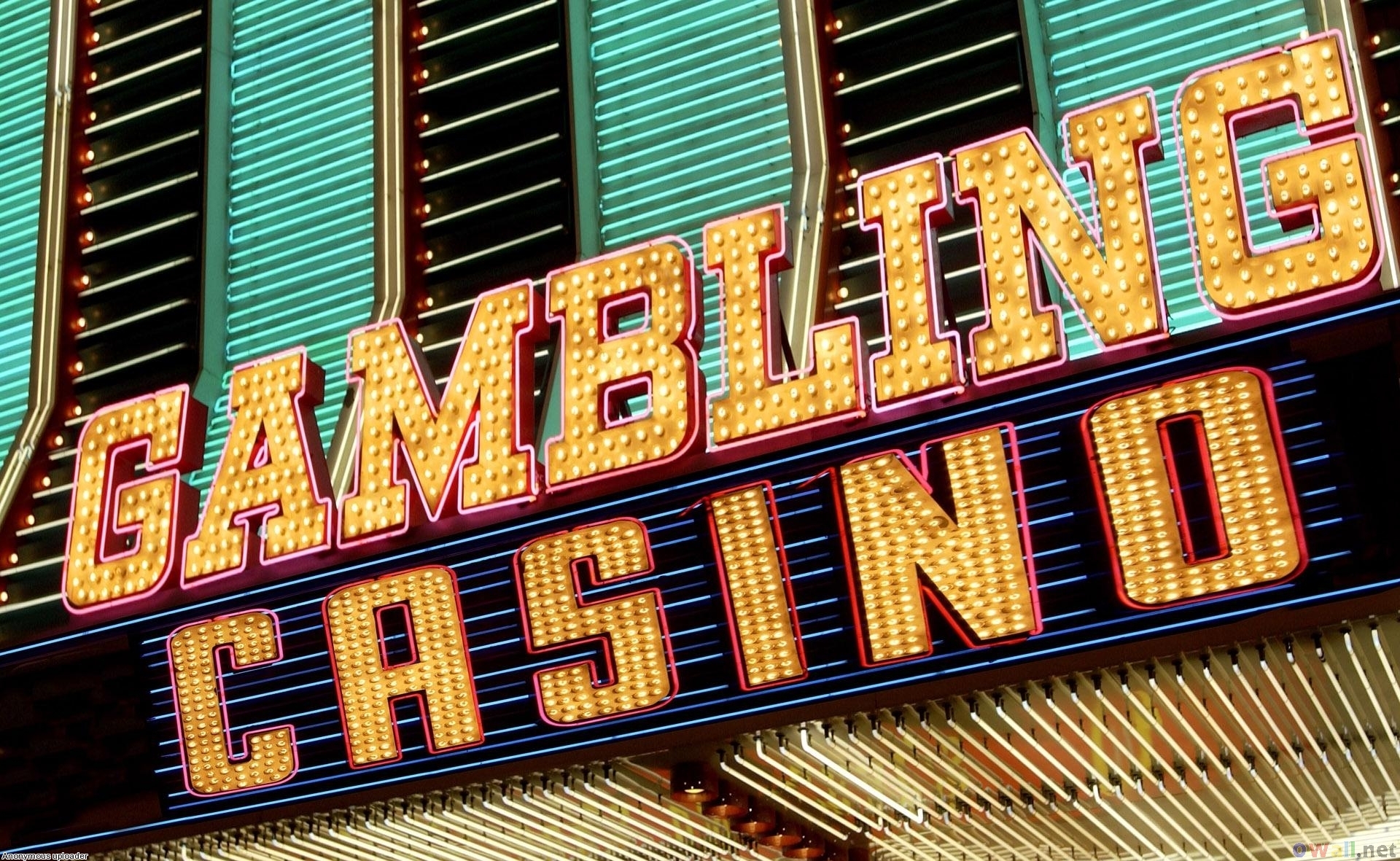Gambling games have long been a staple in human culture, offering not just entertainment but a fascinating reflection of our dreams, wishes, and fears. From the rotating wheels of a slot machine to the strategic gameplay of poker, these games embody a range of human sentiments and experiences. At their core, casino games are not just a chance to make profits; they are a reflection of life itself, where danger and gain intertwine and luck can change in an eye blink.
As players convene around tables or sit in front of brightly lit machines, they participate in a ceremony that transcends mere betting. These games echo our natural desires for connection, excitement, and the quest for chance. They also disclose deeper truths about human nature, such as our relationship with chance and the excitement of the unknown. 33win In exploring casino games, we uncover not only the rules of play but also the complex weave of the human story, showcasing our intertwining narratives of goal and reality.
The Psychology of Gambling
Gambling is deeply rooted in the psyche of individuals, appealing to various feelings and desires. The thrill of risk-taking is a core aspect that attracts participants, be it the thrill of spinning a roulette or the excitement of drawing a winning card in poker. This adrenaline is frequently likened to other forms of excitement, as the uncertainty of outcomes elicits a unique psychological response. Players often become captivated by the possibility of winning big, leading to an almost magnetic draw toward casino games.
Another, a crucial component of the psychology behind gambling is the concept of hope and ambition. Participants often indulge in fantasies of financial freedom and the luxurious lifestyle that can follow winning. This hope fuels their continued participation in casino games, as it provides a sense of purpose and the belief that a transformative win could be just one wager away. The story of overcoming odds and achieving success resonates with many, strengthening their commitment to play and involve themselves with these games.
Lastly, social aspects play a significant role in gambling psychology. Gambling venues are designed to promote social interaction, where gamblers gather to share the journey of wins and losses. This shared aspect not only amplifies enjoyment but also influences behavior, as individuals often imitate the actions of others around them. The social validation found in mutual thrill can enhance the emotional experience, making casino games a mirror of not just personal desires but also collective engagement within the gaming community.

### Risk and Reward: A Double-Edged Sword
Casino games embody the fragile balance between risk and gain that resonates profoundly with human nature. The rush of placing a wager is often accompanied by a surge of excitement, as players are confronted with the possibility of a huge payout, yet fully aware of the risk to lose. This twofold experience reflects a fundamental aspect of life: the choices we make often come with intrinsic risks, and the quest for benefit can compel us to take chances we might not typically consider. In this way, casino games mirror real-world decisions, enticing gamblers to risk not just their capital, but also their dreams.
The allure of big prizes and winnings fuels a sense of optimism, motivating gamblers to dream of a better future that could manifest from a lucky spin of the wheel or flip of a card. This hope can compel individuals to engage in more daring actions, urging them to push their boundaries in search of economic benefit. However, just as in life, the outcomes of these risks can lead to both victory and failure. The narratives of both big winners and those who have lost everything at the casino demonstrate the random nature of luck and its consequential impact on our futures.
Ultimately, the experience of engaging with casino games serves as a vivid illustration of the nature of humanity. Every game played is imbued with the tension of risk, as gamblers weigh the gains against the risks. This dynamic not only highlights the thrill that comes with gambling but also unveils the weaknesses that come with the urge for more. As we navigate the complexities of choice and results in both the gambling world and in life, we find that the pursuit of risk and reward shapes our identities and lives in profound ways.
Culture and Isolation in Casino Culture
Gambling culture is a unique combination of communal engagement and personal endeavor, reflecting the tensions of individual experience. Gamblers often gather around games, sharing in the thrill of the action, rejoicing in wins, and sympathizing over losses. This social aspect is essential, as it establishes a sense of belonging and bonding among diverse groups of people. Regular attendees to casinos may build friendships and establish routines, turning the casino into a second home where they experience connected to a larger community of players.
However, the allure of casino games can also result to isolation. As players become engrossed in the thrill of playing, they may withdraw from personal connections or fail to interact with the environment outside the casino. For some, the search of a jackpot can overshadow real relationships, leading to isolation. The experience of being among people yet feeling solitary is not rare, as the attention shifts from shared enjoyment to the individual concerns of each individual’s path.
This interplay of community and isolation creates a vivid mosaic that defines casino culture. It showcases the complexity of social interactions, where joy and sorrow coexist. Casinos serve as both a refuge for social interaction and a stage for individual struggles, illustrating how intimately entwined our yearning for connection and the personal quest for fortune can be. In navigating this landscape, players confront their own narratives—seeking both the thrill of the wager and the companionship of fellow players, eventually reflecting the broader spectrum of individual experience.